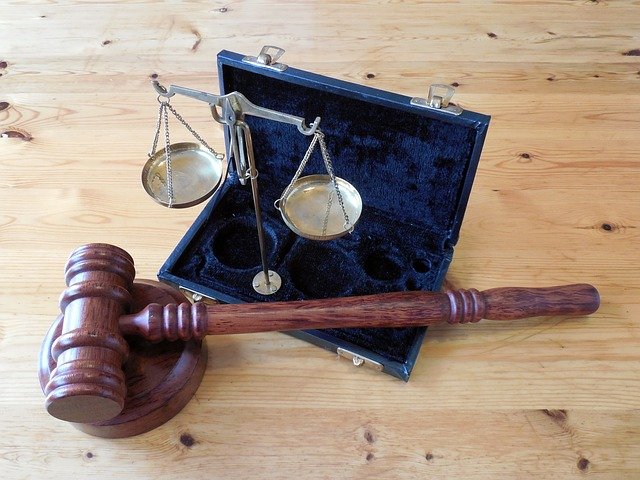Businessmen are adventurers who seek profit. Profit cannot come without investment, but what if someone could use the investment of another adventurer in order to make profit? Fame and goodwill is a factor that can lead clients to a certain goods or services provider. Fame and goodwill is not something that can be achieved easily, it takes a huge investment in money and time and certainly, if a businessman can get a freeride on another’s fame and goodwill, he will find it difficult to refuse it. That freeriding will take him to the city of profit, without the investment of getting a ride.
Our legal system considers this sort of freeriding, as illegal and it provides to the aggregated party two different causes of action, the action of Passing off and the action of Trademarks infringement.
Passing Off is the tort where one trader conducts his business in a way that it leads to the belief that his goods or services are the goods or services of another.
Trademarks infringement is the use of a registered Trademark by a person who is not authorized to do so. Passing off and Trademark Infringement are both actionable under Cyprus law. As a matter of fact, a particular case of passing off is the misleading use of another trader’s trademark.
The action for a Passing off, is based on the existence and use of un unregistered trademark, a trademark that is usually called a common law trademark. The action of trademark infringement is based on the existence of a registered trademark. Under Cyprus law registered trademarks are divided into four categories which are, National trademarks registered in the Cyprus national office, EU trademarks registered in the EUIPO, International trademarks registered in the WIPO with designation Cyprus and or EU and well-known foreign trademarks under the treaty of Paris.
The main difference between an action of Passing off and an action of Trademark Infringement are the material facts that should be proved in order to succeed in each action.
Passing off is actionable , only when two elements are present. The first element is the fame and goodwill that should be attached on the unregistered/common law trademark. The second element is the fact that the imitation was done with an intention to defraud that there is an association between the goods or services of the parties. If the unregistered trademark is unknown or has little fame and goodwill in the geographical area of the defendant or it is unknown or has little fame and goodwill in the customers of the defendant then a passing off action will fail.
In a Trademark Infringement Action, if a trademark is registered in the same class as the trademark of the infringer there is no need to prove intention to defraud or fame and goodwill. The similarity between the two trademarks is sufficient. On the other hand, if the registered trademark is registered in a different class than the trademark of the defendant then, the registered owner should prove that his trademark has attached to it fame and goodwill and that use of the later trademark will provide to the later trademark a non-justifiable free ridding over the registered trademark.
The Tort of Passing off was established in our legal system before the introduction of the first Trademarks Act, that enabled brand owners to register their trademarks. Although, in certain cases, Passing Off has still great use when it comes to trademarks, it is advisable for the brand owners to register their trademarks and rely on Trademarks Infringement instead of Passing Off.
Other articles on the same series










